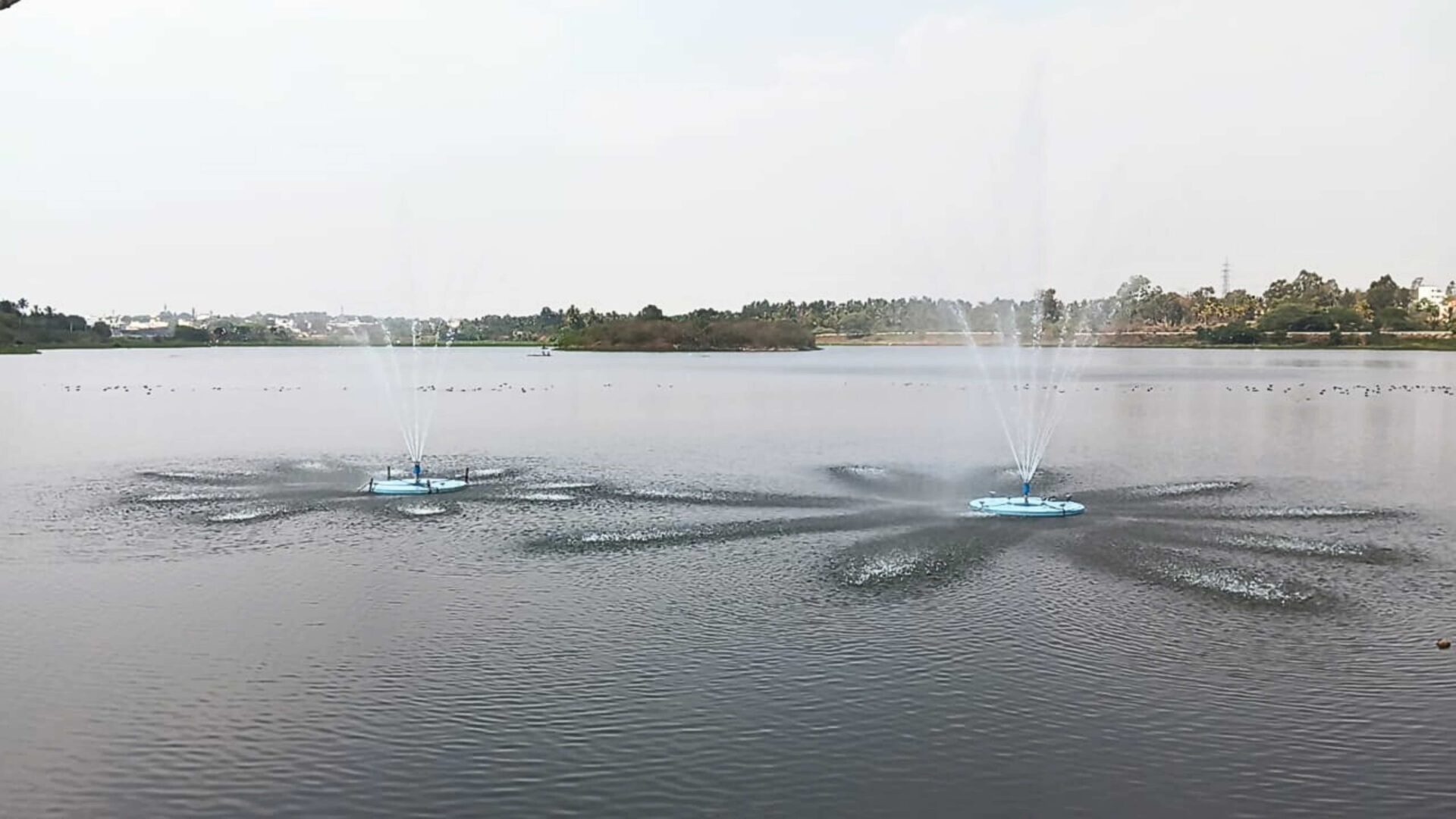Bangalore Water Supply and Sewerage Board (BWSSB) has announced a transformative river rejuvenation project to revive the Arkavathi River — once Bengaluru’s principal water lifeline. The project, inspired by Ahmedabad’s Sabarmati riverfront model, aims to balance environmental restoration with revenue-generating urban infrastructure, driven under a Public-Private Partnership (PPP) framework.
Spanning over four districts and involving 734 villages, the revival plan will integrate flood management, sewage treatment plants (STPs), afforestation, park creation, and commercial riverfront development. With an estimated cost of ₹2,500–3,000 crore, the multi-phased project is envisioned as a long-term investment into the city’s climate-resilient future.The Arkavathi, which once fed Bengaluru through the Hesaraghatta and Tippagondanahalli (TG Halli) reservoirs, has been reduced to a toxic stream after decades of unregulated urban growth, effluent discharge, and catchment encroachment. Once vital to the drinking water supply of West Bengaluru, it now carries heavy metals and carcinogens, rendering it ecologically unviable. Recognising the urgency, BWSSB intends to re-integrate the river into the city’s sustainable water infrastructure.
Covering a 53.73-kilometre stretch from Nandi Hills to TG Halli, the project targets a basin area of nearly 1,449 square kilometres. It cuts across Bengaluru Urban, Chikkaballapur, Ramanagara, and Mandya districts, and intersects multiple ecological and infrastructural nodes including 10 lakes, 13 industrial belts, 77 human settlements, 3 railway crossings, NH-4, and 17 bridges.While BWSSB governs only 15% of the river basin, the project is being designed with inter-departmental collaboration. Infrastructure Development Corporation – Karnataka (iDeCK) has been tasked with preparing the Detailed Project Report (DPR) and providing transaction advisory, with a deadline set for December 2025.
According to BWSSB Chairperson, the project has already entered the preliminary survey phase. Meetings have been held with stakeholders across government, non-profits, and the private sector. “This is about water security for Bengaluru,” the official stated, adding that the rejuvenation will not only tackle pollution and flooding, but also unlock sustainable urban development opportunities.The PPP model proposed for this initiative seeks to attract private capital by offering diverse revenue channels — including the sale of treated water, development rights along the riverfront, eco-tourism, and recreational projects. The model aims to balance ecological priorities with economic viability while transferring maintenance responsibilities to professional operators.
Importantly, the project also proposes the construction of decentralised STPs, solid waste processing units, pedestrian corridors, and green mobility infrastructure — aiming to reduce the carbon footprint and enhance liveability for residents in peri-urban and rural pockets along the river.
With climate risk and urbanisation pressures mounting, Bengaluru’s Arkavathi River project offers a compelling case for resilient, inclusive, and sustainable water management. If implemented with ecological foresight and public accountability, it could set a precedent for riverfront urbanism across Indian cities. While challenges in inter-agency coordination and long-term maintenance remain, the project signals a renewed civic ambition to reclaim and restore natural assets that once defined Bengaluru’s landscape.
Also Read : Delhi DGCA Warns Air India Over Violations


